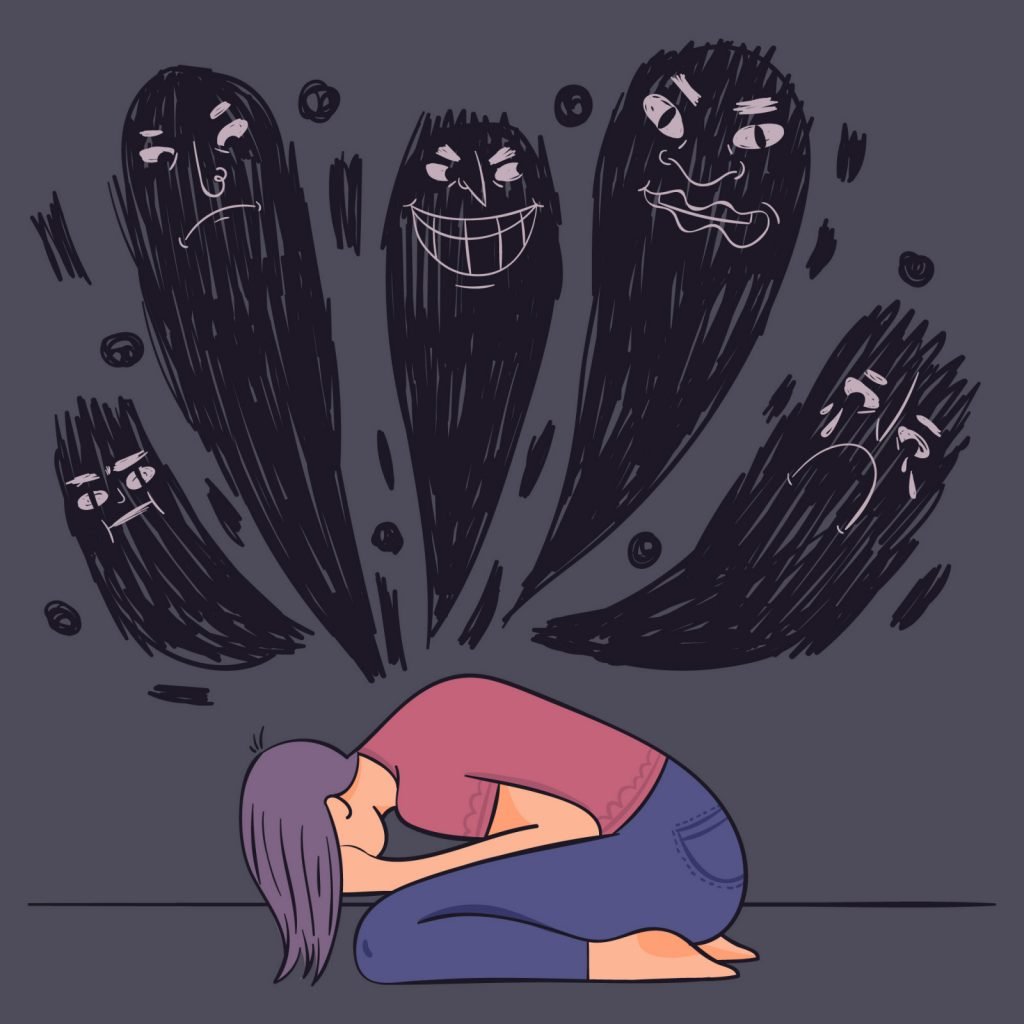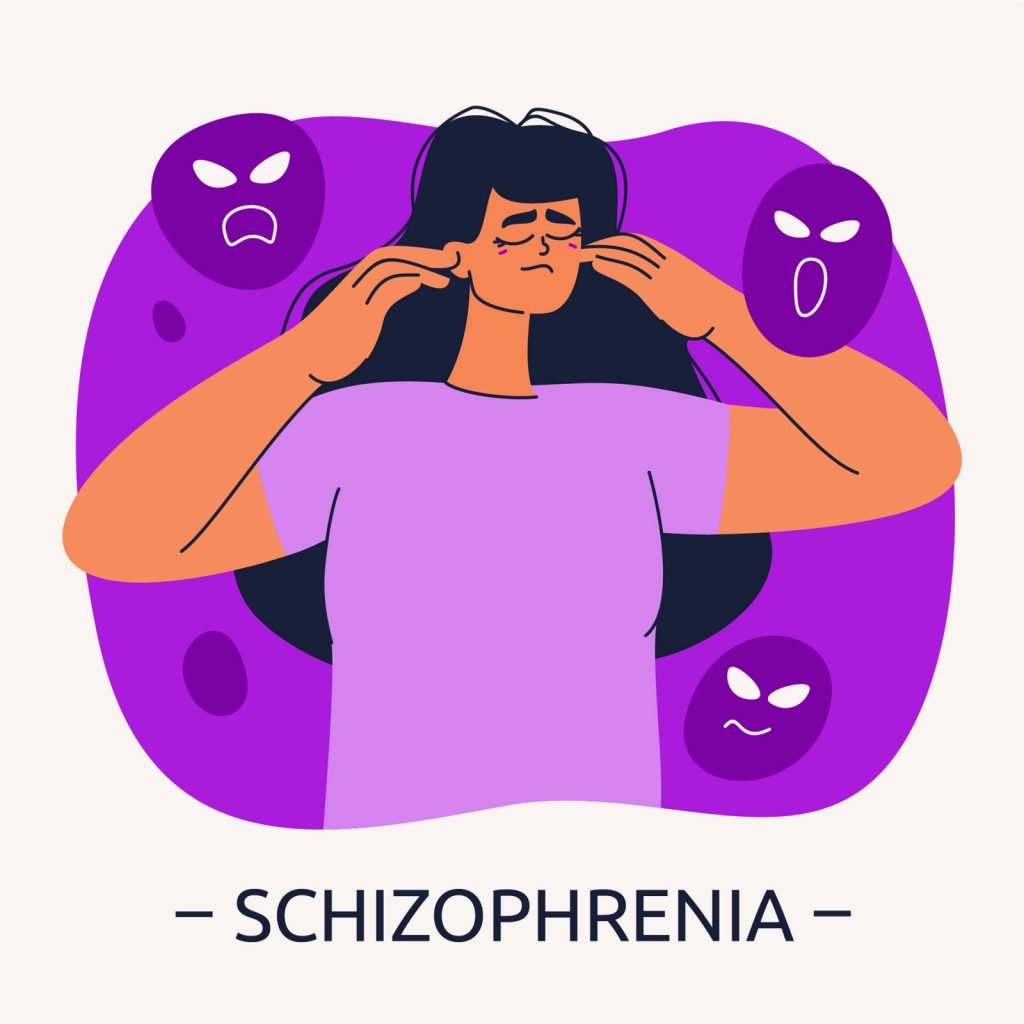In the U.S., Schizophrenia Voices Are Angry—In India and Africa, They’re Supportive, Research Shows

© Freepik
Have you ever wondered why the same mental health condition can feel so different depending on where you live? How do cultural influences on schizophrenia hallucinations affect the way voices are described in the U.S. compared to India?
Schizophrenia, a disorder that affects how people think and perceive reality, often involves hearing voices.
But the nature of these voices—what they say and how they’re experienced—can vary widely across the world.
This fascinating difference reveals how deeply culture shapes our minds, even in the context of mental illness.
Cultural Influences on Schizophrenia Hallucinations

In the United States, people with schizophrenia often describe hearing voices that are harsh and threatening.
These voices might tell them to harm themselves or others, creating fear and distress. Research shows that 70% of American participants in one study reported violent commands from their voices.
This may tie to the U.S.’s focus on individualism, where unusual experiences like hearing voices are seen as an invasion of personal space or a sign of a broken mind.
In contrast, in places like India and Ghana, the voices are often kinder. In India, people might hear voices that sound like family members giving advice, such as “clean your room” or “eat your meal.”
About 45% of Indian participants in studies described these voices as playful or helpful. In Ghana, many hear voices they believe are from God or spirits, offering guidance or moral support.
Half of the Ghanaian participants viewed their voices as positive, fitting with cultural beliefs that value spiritual connections and community.
Why Culture Matters in Mental Health

Why do these differences exist? Culture shapes how we view the world, including our mental experiences. In collectivist societies like India and Ghana, where relationships and spirituality are central, voices may be seen as part of a social or spiritual network.
People are more likely to accept them as normal or even meaningful. In individualistic societies like the U.S., where independence is prized, voices are often viewed as a problem or a symptom of illness, which can make them feel more threatening.
Studies, like one from Stanford University in 2014, interviewed 60 people with schizophrenia across these regions.
The findings showed that Americans were more likely to use medical terms like “schizophrenia” and feel distressed by their voices.
In India and Ghana, fewer people used diagnostic labels, and many saw their voices as part of their daily life.
This suggests that cultural beliefs can influence not just how voices are perceived but also how distressing they are.
Implications for Treatment and Understanding

These cultural differences have big implications for mental health care. In the U.S., treatment often focuses on medication to silence voices.
But in places where voices are seen as positive, people might benefit from therapies that help them build relationships with their voices, like the Hearing Voices Movement.
This approach, which started in Europe, encourages people to talk to their voices and understand them, reducing fear and stigma.
Understanding these differences also helps reduce judgment.
Someone hearing kind voices in India isn’t “less sick” than someone hearing violent ones in the U.S.—their experiences are shaped by their environment.
By learning about these variations, we can create more compassionate, tailored treatments that respect cultural contexts.
In conclusion, the voices of schizophrenia are not the same everywhere. They reflect the values, beliefs, and social structures of the cultures they emerge from.
This reminds us that mental health is not just about biology—it’s about the world we live in.
As we continue to study these differences, we can build a more inclusive approach to mental health care that honors everyone’s unique experience.
You might also want to read: You Might Develop Schizophrenia if You Own a Cat, Study Suggests


